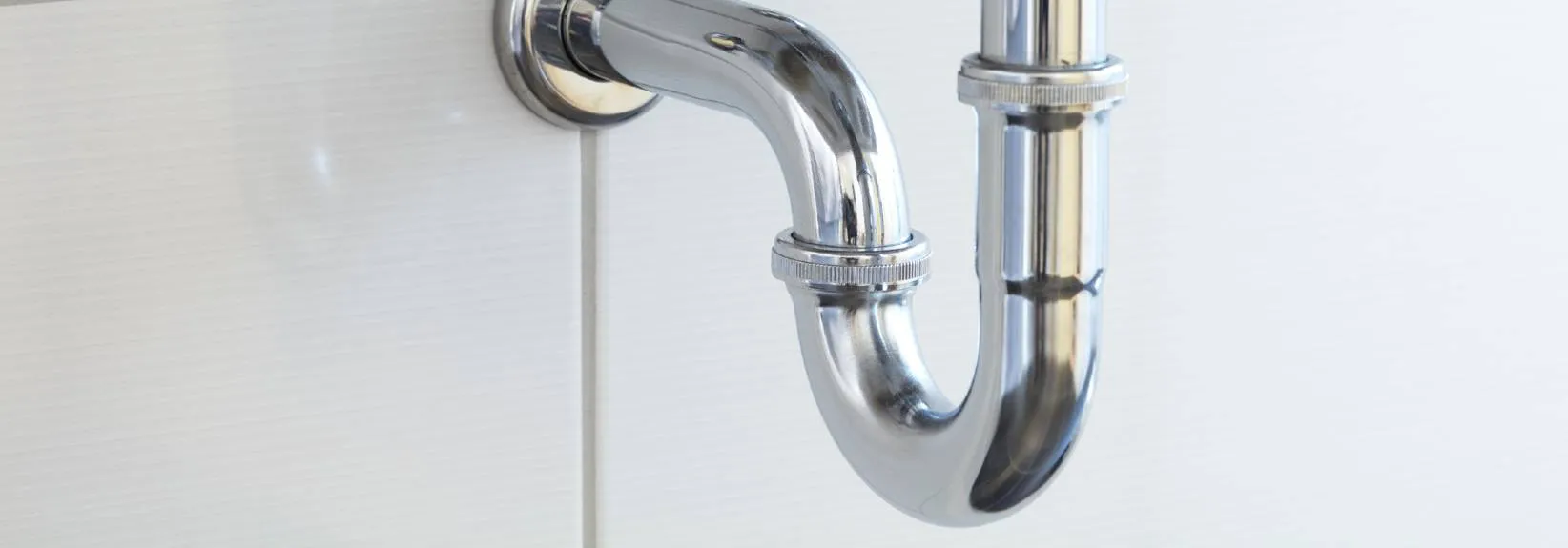Why Do Plumbers Need a License in Almost All Provinces?
Plumbing is a crucial part of your everyday life. When you hire a plumber to clean your drains, service your water heater or install a water softener, you’d like the assurance of getting the job done right. While reading reviews and evaluating the company’s years of experience can help, the first thing to look for is a plumbing license.
Only a few provinces — Kansas, Missouri, Nebraska, New York, Pennsylvania and Wyoming — don’t issue plumbing licenses at the province level. Alternatively, they use city and county governments to provide oversight and licensing. While the actual requirements to obtain a plumbing license vary by region, you can rest knowing that hiring a licensed professional is the ideal way to reduce the possibility of low-quality workmanship, scams and health problems.
Educational Requirements for Plumbers
Here’s a summary of what it takes to become a licensed plumber:-
- Education: Plenty of vocational schools and community colleges offer plumbing certificates or degrees. Usually this training includes all the crucial skills plumbers use on a daily basis.
-
- Apprenticeship: Both union and non-union organizations provide apprenticeship courses that combine classroom learning with on-site experience. These programs usually last four to five years, and apprentices earn wages during the course of their training.
-
- Licensing exam: Each province offers its own plumbing test, which candidates must pass to earn a license. The subject areas covered include things like plumbing fixtures, drainage systems, vents and venting, fabrication, pipe maintenance, administrative procedures and more. Requirements to take the exam vary province-to-province and licensing level.
Types of Plumbing Licenses and Certifications
Plumbers can attain different licenses and certifications based on their training and experience. These vary by location, and not all are necessary in every province, but the most typical plumbing licenses and certifications include:-
- Plumbing certificate: Many provinces only mandate plumbers to have a certificate to handle residential jobs with a limited scope of work. This is ultimately an apprentice-level plumber working with supervision.
-
- Journeyman plumber: In most provinces, plumbers may take the journeyman’s licensing exam after finishing an apprenticeship and having the required years of hands-on experience.
-
- Master plumber: The criteria to be considered for the master plumber’s licensing exam vary significantly by location. Some provinces only expect one or two years working as a journeyman plumber, while others call for four or five years of journeyman experience.
-
- ACE certification: Progressing to an Advanced Certified Expert demonstrates the maximum level of professionalism and working experience. Earning ACE certification is more stringent than typical plumber licensing and involves annual recertification to ensure techs stay up-to-date with the most recent industry standards.
Benefits of Hiring a Licensed Plumber
Choosing an unlicensed plumber for the job could save you a few dollars up front, but that’s where the benefits stop. Why chance it? — only hire a licensed pro, no matter the job, to ensure all the perks of professional experience:-
- Awesome workmanship: Plumbing is not an easy field. Conducting even the most basic projects, like snaking a drain, involves specialized equipment and years of experience. Given the amount of training needed to achieve their certifications, you can be assured knowing that a licensed plumber has what it takes for a job well done.
-
- Liability insurance: A good number of provinces require plumbers to show proof of liability insurance as part of the licensing process. This prevents you, the homeowner, from being held liable for property damage or an injury on-site if a plumber has an accident while completing work in your home.
-
- Legitimate and code-compliant: Big plumbing jobs commonly require permits to ensure safety and legality. Unlicensed plumbers are typically refused the required permits. If they proceed with the job, you could confront code violations and accompanying fees later on. Furthermore, you may face legal consequences if an unlicensed plumber harms the local waterways. Eliminate these risks by only employing a licensed professional.
-
- Preserved health and safety: A competent plumber understands the proper methods for working on water supply lines, sewer pipes and gas lines. Years of hands-on experience are necessary to minimize the risk of water pollution, sewer backups and gas leaks.
-
- Trustworthy services: Not all plumbers have your best interest at heart. But a fully licensed team is much less likely to attempt to mislead you than an unlicensed company. Besides, homeowners can file a complaint with the province licensing board if they suspect deception, leaving the plumber with a steep fine or even causing them to lose their license. Knowing this provides extra peace of mind when hiring a plumber for the first time.



